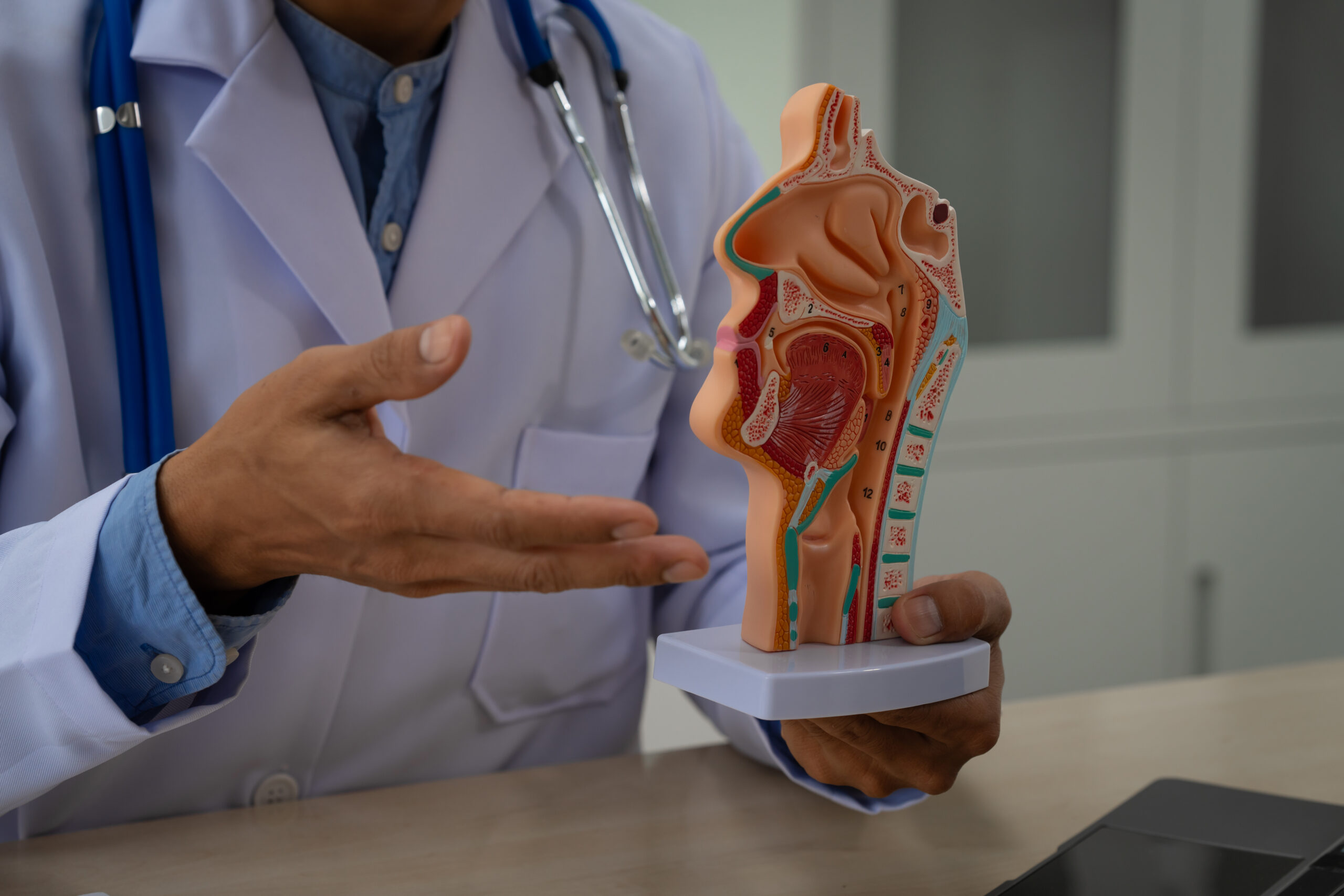We know that quitting smoking can be a difficult journey to walk alone. Smokers may struggle with withdrawal symptoms such as irritability, having a hard time sleeping, or feeling general discomfort. Research shows that smokers would take about 5-7 attempts, often even more, to quit smoking successfully. We spoke to Dr Andrew Fang, an anchor doctor at Doctor Anywhere, on his advice on how to quit smoking effectively.
Nicotine is the reason for withdrawal symptoms.
“One of the main reasons why smokers keep smoking is nicotine, which is a pleasure-inducing chemical that’s found in cigarettes,” says Dr Andrew. “Over time, the body gets used to nicotine and you’ll need to smoke more to experience the same effects.”
This dependence on nicotine is why smokers feel strong withdrawal symptoms when they stop smoking. “Common withdrawal symptoms include irritability, anxiety, flu-like symptoms and strong cravings for a cigarette.”
These withdrawal symptoms can start within the first few hours of your last cigarette. Depending on how heavy a smoker you had been, they may last several days to a few weeks. Although uncomfortable, the withdrawal symptoms should get better for every day that you stay smoke-free.
Willpower is important – but it’s not the only factor for success.
“Willpower is key but it can be made more effective with treatment and social support,” emphasises Dr Andrew. It may feel terrible when you relapse, but it doesn’t mean that your resolve is weak. A relapse may simply mean that the current strategy you’re using was not right for you.
“Consider joining a smoking cessation programme,” suggests Dr Andrew. For example, the Health Promotion Board runs the iQuit programme which provides social support for smokers who are trying to stop smoking. “Research shows that you’re 5-times more likely to quit, if you’re in a programme.”
“Another effective strategy is getting medical support. You can speak to your doctor or pharmacist for treatment to cope with the withdrawal symptoms.”
Withdrawal symptoms can be managed with treatment, such as Nicotine Replacement Therapy.
Nicotine Replacement Therapy (NRT) is prescribed to help smokers kick the habit, by alleviating the sudden decrease in nicotine. They come in a variety of forms, such as chewing gums, skin patches and inhalers, depending on the patient’s preference.
“NRT works by releasing small amounts of nicotine into your body, which acts as a substitute for nicotine in cigarettes. This helps to ease your withdrawal symptoms.”
Wary about putting more chemicals into your body? “Extensive research shows that NRTs are safe and effective for most adults,” says Dr Andrew. However, if you’re considering going on NRTs, it’s still advisable to speak to a medical professional, such as your doctor, to assess your suitability for it.
For those who are interested, keep in mind that NRTs can only be used if you’ve completely stopped smoking. “If you’re still smoking and go on NRTs, you’ll end up with even more nicotine in your system. This can end up being counter-productive to your progress.”
Remember the 4Ds if you’re craving a cigarette.
It’s normal to long for a cigarette, especially in the first few days of quitting. To stay smoke-free, you’ll need to learn ways to manage and overcome these cravings. Dr Andrew shares the 4Ds you should practice when you’re itching for a puff.
“Firstly, as much as possible, delay contact with the cigarette,” Dr Andrew says. For most, the urge to smoke will pass within a few minutes. As such, you’ll just need to turn your attention to somewhere else for those crucial moments.
This brings us to the second D: “Distract yourself and get your mind off smoking.” There are many ways to distract yourself. Pull out your phone and text a friend; do a few jumping jacks or go for a walk outside.
“You can also do some deep breathing exercises to focus your attention elsewhere,” says Dr Andrew. “Or drink water, so that you occupy your hands and mouth with something other than a cigarette.”
The quit smoking journey can be a long and arduous one, but you don’t have to do it by yourself. Reach out to a doctor over the DA app for effective strategies on how you can quit. Our doctors, such as Dr Andrew, can prescribe NRTs if they find that you’re suitable for it.
There’s no better time to quit smoking than right now – speak to a doctor whenever you’re ready.







